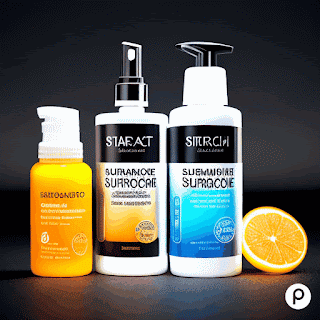Sunscreen Color Change: Causes and Solutions
What is Sunscreen Color Change?
Sunscreen color change is a phenomenon where the color, texture, or appearance of a sunscreen product alters over time. This can be due to various factors, including exposure to environmental elements.

Factors Contributing to Sunscreen Color Change
Active Ingredients
Sunscreen color changes can be influenced by the active ingredients in the product. Chemical sunscreens contain organic compounds that can degrade over time, causing color shifts. Physical sunscreens, with mineral-based ingredients like zinc oxide or titanium dioxide, generally have a more stable color but may still undergo slight changes.
Environmental Factors
Sun exposure, heat, and temperature fluctuations can all contribute to sunscreen color change. UV rays can cause chemical reactions within the sunscreen, while high temperatures can accelerate these changes.
Impact of Sunscreen Color Change
Effect on Sunscreen Protection
Color change alone does not necessarily indicate that sunscreen is less effective. The key factor is whether the sunscreen maintains its SPF level and broad-spectrum protection.
Assessing Sunscreen Effectiveness
- Check the SPF level on the packaging.
- Verify that the sunscreen offers broad-spectrum protection.
- Examine the texture and consistency.
- Perform a patch test if uncertain.
- Look for signs of separation or unusual odor.
Best Practices for Sunscreen Storage
Proper Storage
Store sunscreen in a cool, dry place away from direct sunlight and heat. Avoid leaving it in hot environments, like inside a car.
Expiration Dates
Always check the expiration date and avoid using expired products to ensure optimal effectiveness and protection.
Prevention Tips
- Store sunscreen properly.
- Check and adhere to expiration dates.
- Purchase from reputable sources.
- Avoid extreme temperatures.
- Apply sunscreen generously.

